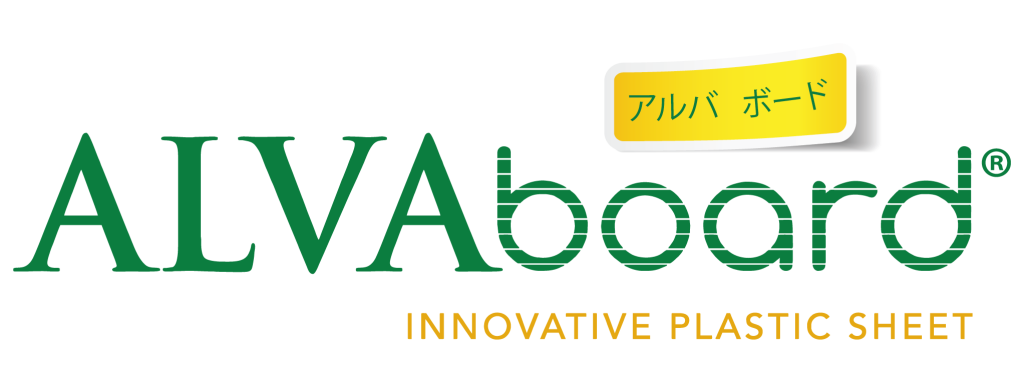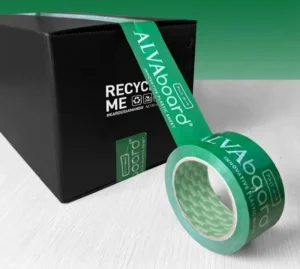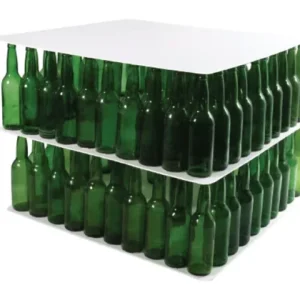Non-recyclable materials have become a pressing global issue. Gazing at the clear blue sky and feeling the sun’s warm embrace, we must not forget our responsibility to protect Earth from self-inflicted harm. Recycling plays a vital role in combating climate change by reducing greenhouse gas emissions and curbing environmental impact. Despite this, many materials remain difficult—or impossible—to recycle. Read on to learn more.
The Value of Recycling
Creating new products from raw materials consumes a great deal of energy and generates greenhouse gases. Recycling cuts the need for resource extraction and processing, which, in turn, reduces carbon emissions that contribute to climate change. It’s an essential environmental practice: reducing waste, conserving natural resources, and minimizing harm. Yet some materials persist as recycling challenges. This article explores those materials and their environmental consequences.
Common Non-Recyclable Materials
1. Single-Use Plastics
Items like disposable water bottles, plastic bags, and one-time-use utensils are often difficult to recycle due to being made from mixed plastic types. They frequently end up in oceans, threatening marine life and exacerbating plastic pollution.
2. Mixed-Material Plastics
Products composed of different plastic types—such as multi-layer packaging—are nearly impossible to recycle because they cannot be effectively separated.
3. Biodegradable Plastics
Although marketed as eco-friendly, many biodegradable plastics require specific conditions to decompose. They still take considerable time to break down.
4. Styrofoam (Polystyrene)
Styrofoam’s complex molecular structure and its tendency to break into small, polluting pieces make it extremely difficult to recycle. These fragments can harm wildlife.
5. Laminated Paper
Paper laminated with thin plastic layers must be manually separated—costly and labor-intensive—making it impractical for recycling. It’s common in food packaging, adding to non-recyclable waste.
6. Batteries
Containing heavy metals and toxic chemicals, batteries are hard to recycle. When improperly discarded, they contaminate soil and water. Although battery recycling programs exist, many still end up in landfills.
Environmental Consequences of Non-Recyclable Waste
Non-recyclable materials pollute ecosystems, clog landfills, and contribute to global waste problems. They also drain natural resources, requiring excessive oil or timber for their production. Improper disposal leads to soil, water, and air contamination—posing significant threats to wildlife and human health. These waste issues have become increasingly urgent worldwide.
Tackling the Problem
Embrace Recyclable Materials Like Polypropylene
Polypropylene (PP) is recyclable, melting at relatively low temperatures to be reshaped without structural loss. Recycling PP reduces demand for virgin plastic, conserves energy, and lowers carbon emissions.
Lead with Sustainable Packaging
ALVAboard’s recycled PP-based packaging demonstrates that sustainability doesn’t mean compromising quality. Using recycled PP helps reduce new resource extraction and plastic waste. These solutions show how environmentally concerned consumers and businesses can support conservation through better material choices.
Promote Responsible Waste Sorting
Investing in solutions like the ALVAboard Eco Bin—a stylish, durable polypropylene waste bin—supports waste separation efforts. Use color-coded bins (e.g., green for organic, blue for non-organic, red for hazardous) to simplify recycling and minimize landfill contributions.
Let’s seize the opportunity to save our planet with impactful recycling actions. It’s time to stop making excuses and take responsibility. This is our collective call to safeguard our only home—Earth.
Support wise choices: reduce non-recyclable material use and favor reusable solutions. ALVAboard offers high-quality, innovative, and sustainable packaging products that help protect our planet. Choose ALVAboard—get premium, eco-conscious packaging while contributing to environmental preservation.
Order ALVAboard products conveniently via Tokopedia, Shopee, Blibli, Bukalapak, Paxel Market, and Lazada.




